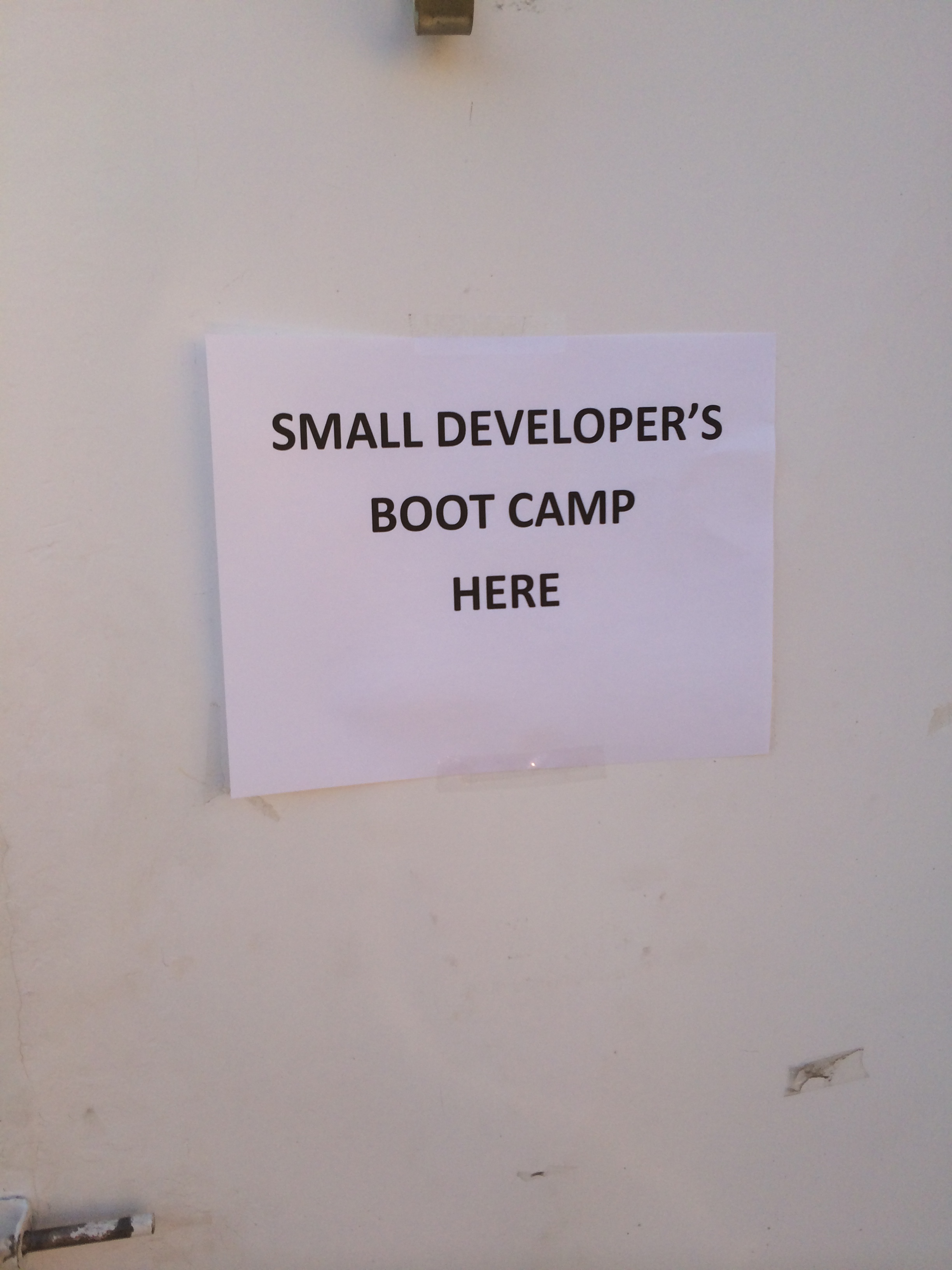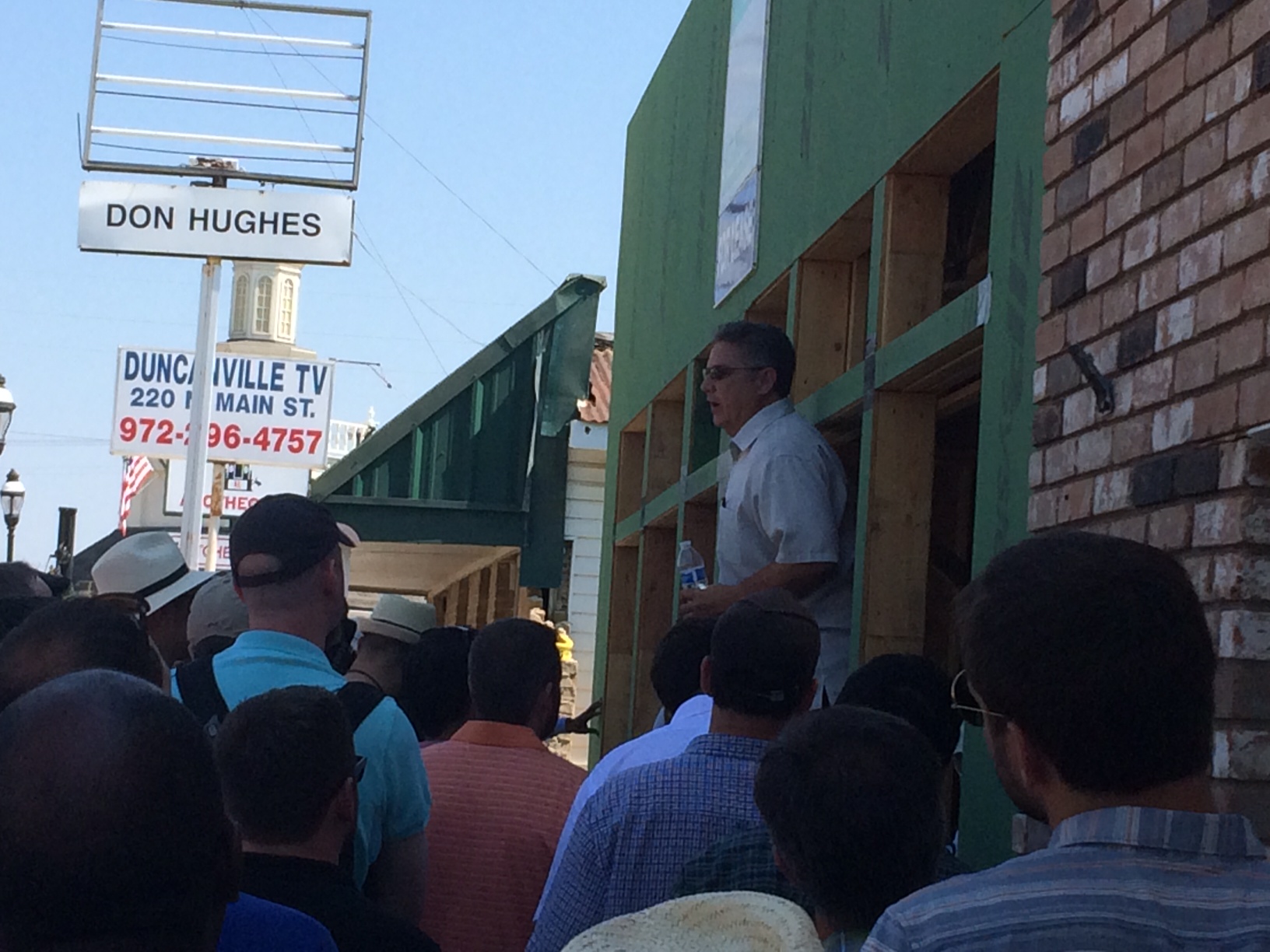 There is a relationship between how woefully uninformed people are about parking and how epically they lose their shit over parking problems. I am really tired of explaining the basics of modern parking management to people who seem incapable of using the Internet. Here are the highpoints from Donald Shoup's fine book The High Cost of Free Parking:
There is a relationship between how woefully uninformed people are about parking and how epically they lose their shit over parking problems. I am really tired of explaining the basics of modern parking management to people who seem incapable of using the Internet. Here are the highpoints from Donald Shoup's fine book The High Cost of Free Parking:
- Recognize that all public parking is not equal. Some spaces more convenient than others, so price them accordingly. The spot at the curb in front of the coffee joint should not cost the same as the top floor of the seven level parking structure.
- For retail areas, price the parking at the curb for a 15% clearance rate. Raise the prices for curb parking until you reach the point where when 15% of the spaces are available. Reduce the price of parking in a rational gradient, the further away from high demand the cheaper the space.
- Make it easy to pay with a credit or debit card or with a phone app. Phone apps that message you to ask if you want to add another hours are particularly handy.
- Folks that live in residential neighborhoods close to areas with high parking demand like universities, hospitals or retail areas get bent out of shape when the public parking spaces at the curb in front of their house gets a lot of spill-over parking. This can be solved through the use of resident parking permits and the sale of parking permits in that area for daytime hours. Proceeds from the sale of the permit can be used for public works and parks within the neighborhood by setting up a Parking Benefit District.
Folks that don't care enough about solving their parking issues to use these proven tools need to get a real problem. How much sympathy or patience fan you have for difficulties born from sloth and inattention?



